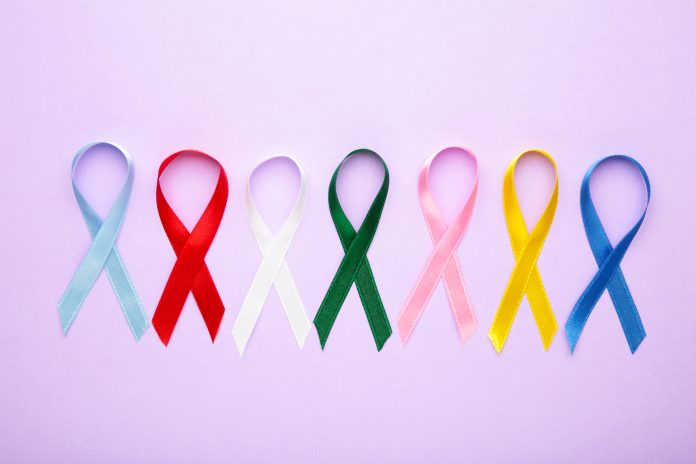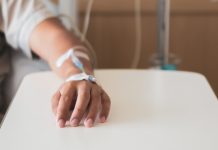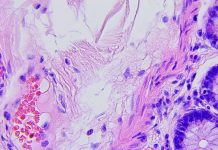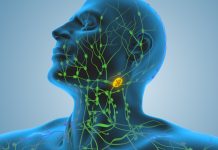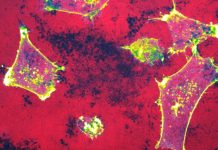The European Commission has announced its Europe’s Beating Cancer Plan which sets out a new EU approach to cancer prevention, treatment and care
Ahead of World Cancer Day today (4th February), the European Commission presented it’s Europe’s Beating Cancer Plan yesterday which lays out the EU’s new approach to cancer prevention, treatment and care.
The Cancer Plan will tackle the entire disease pathway, from prevention to quality of life of cancer patients and survivors, focusing on actions where the EU can add the most value.
€4 billion of funding is being allocated from the EU4Health programme, Horizon Europe and the Digital Europe programme.
The plan is structured around four key action areas with 10 flagship initiatives and multiple supporting actions.
Prevention
- Addressing key risk factors such as tobacco, harmful alcohol consumption, environmental pollution and hazardous substances.
- A ‘HealthyLifestyle4All’ campaign will promote healthy diets and physical activity.
- Vaccinate at least 90% of the EU target population of girls and to significantly increase the vaccination of boys by 2030.
Early detection
- Ensure that 90% of the EU population who qualify for breast, cervical and colorectal cancer screenings are offered screening by 2025.
Diagnosis and treatment
- Addressing unequal access to quality care and medicines.
- By 2030, 90% of eligible patients should have access to National Comprehensive Cancer Centres linked through a new EU Network.
- A new ‘Cancer Diagnostic and Treatment for All’ initiative will be launched by the end of 2021 to help improve access to innovative cancer diagnosis and treatments
- A European Initiative to Understand Cancer (UNCAN.eu) will help identify individuals at high risk from common cancers.
Improve quality of life
- Rehabilitation
- Support social integration and re-integration in the workplace.
- A ‘Better Life for Cancer Patients Initiative’ will be launched, focusing on follow-up care.
In addition, a new Knowledge Centre on Cancer will be launched to help coordinate scientific and technical cancer-related initiatives and a European Cancer Imaging Initiative will be set up to support the development of new computer-aided tools to improve personalised medicine and innovative solutions.
A particular focus will be paid to children, through the launch of the ‘Helping Children with Cancer Initiative’ to ensure that children have access to rapid and optimal detection, diagnosis, treatment and care.
Finally, to identify trends, disparities and inequalities between Member States and regions, a Cancer Inequalities Registry will be established in 2021.
Members of the College said:
Ursula von der Leyen, President of the European Commission, said:
“In 2020, while we were all fighting against the COVID-19 pandemic, many of us were fighting a silent battle. The battle against cancer. In 2020, we lost 1.3 million Europeans to this disease. And sadly, the number of cases is on the rise. This is why we present Europe’s Beating Cancer Plan today. The fight of those battling cancer is our fight as well, in Europe.”
Margaritis Schinas, Vice-President of the European Commission, said:
“Honouring one of this Commission’s central pledges, we present today an anthropocentric Plan for cancer that addresses all angles: prevention, diagnosis, treatment and survivorship. This Plan is unique because it is based on a ‘health in all policies’ approach, pooling all strings together under a common goal, beating cancer. It is about health but beyond health policy. A whole-of-society effort. In a strong European Health Union, cancer becomes a shared political, operational and scientific priority.”
Stella Kyriakides, Commissioner for Health and Food Safety, said:
“This is first and foremost about people. About celebrating and reinforcing resilience and treating cancer as a disease that can and must be overcome. A strong European Health Union is a Union where citizens are protected from avoidable cancers, where they have access to early screening and diagnosis, and where everyone is empowered with access to high quality care, at every step of the way. This is what we want to achieve with our Cancer Plan – making concrete impact for cancer care over the coming years. For me this is not just a political commitment, it is a personal commitment.”

